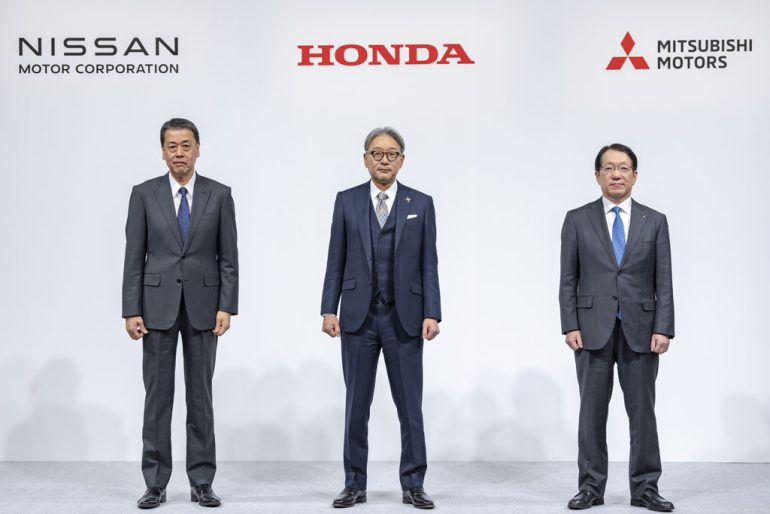
Nissan and Honda Create a Bold Partnership for a Better Future in Automotive: Automotive Addicts
Automotive
Nissan and Honda are taking a major step toward reshaping the future of the auto industry with plans to explore a potential partnership. The two Japanese automakers signed a Memorandum of Understanding to discuss the possibility of combining their strengths into a single parent. While nothing is final yet, this collaboration could help both brands tackle industry challenges like electrification, advanced technology, and shifting customer demands, all while staying competitive in a rapidly evolving market.
What’s Happening Between Nissan and Honda?
Nissan and Honda, two of Japan’s biggest automakers, are considering joining forces under a single parent company. The companies have not made a final decision yet but are looking at how they can combine their strengths to stay competitive in an automotive market that is rapidly changing. Why consider this integration now?
The auto industry is evolving faster than ever. The future of mobility will be dominated by technology, from electric vehicles (EVs), advanced software and self-driving car technologies. The pressure from global challenges like stricter emission regulations, the push to carbon neutrality and the competition of tech-driven automakers such as Tesla has created pressure for innovation to be more efficient. By pooling their resources, the two companies hope to meet these challenges head-on and offer better products to customers.
What Could This Partnership Look Like?
If the integration goes ahead, Nissan and Honda plan to create a joint holding company by 2026. The companies would be able to share their expertise, technology and operations, while maintaining their own brand identities. Essentially, Nissan and Honda would continue to sell vehicles under their own names, but much of the behind-the-scenes work–like research, manufacturing, and supply chains–would be combined to save costs and boost efficiency.
What’s in it for Customers?
For everyday car buyers, this partnership could mean access to more innovative and affordable vehicles. Nissan and Honda can develop new models more quickly and at lower costs by sharing their technology. For example, future electric vehicles or hybrid models might feature advanced safety features and smarter in-car tech–all while remaining budget-friendly.
The companies have also emphasized a focus on creating vehicles that appeal to a global audience. Whether you’re in the market for a small, efficient car or a cutting-edge EV, this partnership could lead to a wider range of options.
Potential Benefits of the Integration
Better Technology, Faster
: By combining their research and development (R&D) teams, Nissan and Honda can develop advanced technologies like software-defined vehicles (SDVs) more efficiently. These are cars that rely heavily on software to manage features such as autonomous driving or connected services.
- Cost Savings: Sharing manufacturing facilities, parts suppliers, and vehicle platforms could lower costs for both companies. This would make it easier to produce high-quality cars at competitive prices.
- Stronger Global Presence: Nissan and Honda could leverage each other’s strengths in different markets. For instance, Honda’s dominance in motorcycles could complement Nissan’s expertise in electric vehicles.
- Environmental Impact: Both automakers are committed to achieving carbon neutrality. They could tackle the emissions challenge more effectively and bring more eco-friendly cars to market. The two companies will spend the next year examining how they can merge operations, share resource, and make sure that this move is beneficial to both brands. By January 2025, Nissan and Honda hope to decide whether to move forward with the partnership.
- If approved, the integration will take several years to complete. The companies aim to list the joint holding company on the Tokyo Stock Exchange by August 2026, at which point both Nissan and Honda would become subsidiaries under this new parent company.While nothing is set in stone yet, this partnership could be a big win for both automakers–and their customers. Nissan and Honda have positioned themselves as leaders of the race towards an electrified, connected future by working together. It’s exciting to watch two automotive giants work together to create greener, more innovative, and smarter vehicles as the competition heats.
Follow us today:



